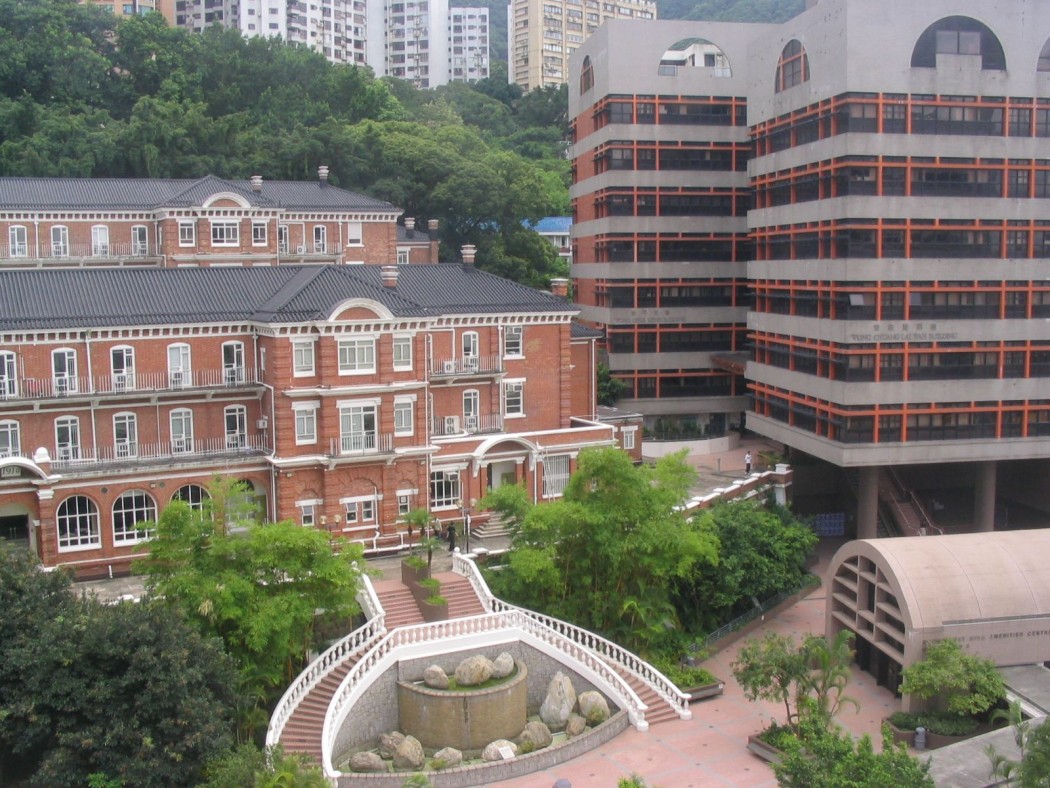By Alvin Y.H. Cheung
As I wrote in an earlier column for the HKFP, far too much ink – and far too many pixels – have been spilt on both sides of the debacle over the HKU Council’s refusal to appoint former Law Dean Johannes Chan to a senior administrative position. But what has been remarkable is the number of voices – some of them within HKU – who still appear to have no understanding of what academic freedom is, or why it matters.

At its heart, academic freedom is about ensuring that academics can work – and teach – in accordance with the standards of their profession, rather than their compliance with religious or political dogma. Institutional autonomy – another term frequently invoked in the HKU debacle – is a necessary attribute to guarantee academic freedom within universities. In an atmosphere where – as at HKU – university administrators fail to protect their faculty from external political pressure, academic freedom cannot long endure.

One might think that the decline of academic freedom is a purely – well, academic – concern. The cautionary tale of Lysenkoism in the former Soviet Union demonstrates otherwise.
Trofim Lysenko, a self-taught agronomist born to peasants in Ukraine, first reached prominence in 1927 when he claimed to have developed new crop management techniques that, he claimed, would solve the Soviet agricultural crisis. Although Lysenko’s “vernalisation” was neither novel nor as effective as claimed, he was hailed as a hero and appointed to the Institute of Genetics. As Lysenko’s stature in Soviet science grew, so too did the influence of his ideas. In particular, Lysenko rejected the science of genetics as foreign and “bourgeois.” Instead, Lysenko believed in the Lamarckian idea that characteristics acquired by an organism during its lifetime could be passed on to the next generation.

Many of Lysenko’s “experiments” lacked rigour, and he frequently announced successful results before the experiments had concluded. However, his background and ideas dovetailed neatly with the politics of the day. Stalin was convinced that science could turn the Soviet Union into a modern utopia, and Lysenkoism provided the perfect theoretical underpinnings for the Soviet regime to force plants, animals – even people – into the desired forms. By the 1940s Lysenko had become the arbiter of Soviet biological orthodoxy – with disastrous results. Notoriously intolerant of criticism, he hounded his scientific rivals to death or the gulag [the government agency that administered the Soviet forced labor camp systems]. After a 1948 speech denouncing genetics as “reactionary and decadent” and its proponents as “enemies of the Soviet people,” genetic research in the USSR ground to a halt. Lysenkoism was not formally discredited within the Soviet Union until 1965, after a series of crop failures forced Lysenko from his position of influence.

Today, Lysenko is remembered for his destruction of Soviet agriculture, and his name has become a byword for scientific fraud. Lysenkoism has even been credited as a major factor in the Soviet Union’s loss of the Cold War, by forcing it to import food from the West. Although the original protagonists in the debacle of Lysenkoism are now all long gone, the threat that such ideas pose – the threat that academic work will be subordinated to ideology – remains as potent a concern as ever.
Alvin Y.H. Cheung is a member of the Progressive Lawyers’ Group and the Scholars’ Alliance for Academic Freedom.
